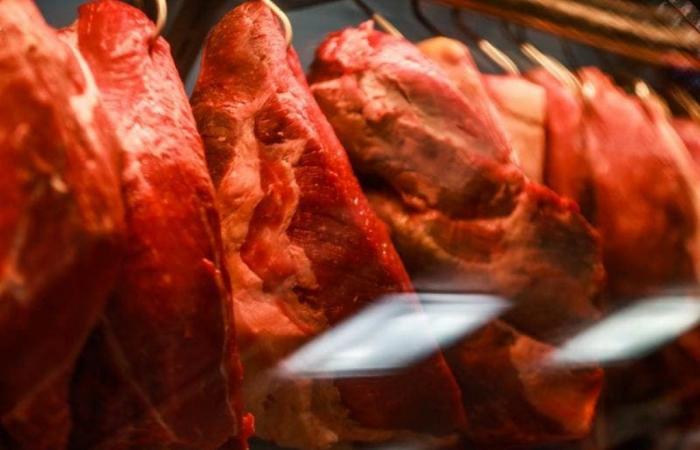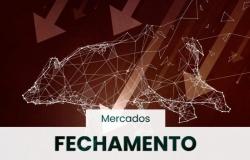But, on a day-to-day basis, what would this mean for the pockets (and tables) of the richest and poorest populations in the country?
As Victoria Abel, a reporter for the newspaper O Globo, in Brasília, explains, and who was at the press conference that Minister Fernando Haddad called to detail the proposal, in theory, yes — rich and poor would pay less for food — but, in practice, no.
“Why? The meat is in the basket that we call the extended basket, which is the basket where the products have a 60% discount. But the rich have this 60% discount and the poorest, the low-income population included in CadÚnico, in addition to this 60% discount, they also have cashback.”
According to data from the Ministry of Social Development and Combating Hunger (MDS), the Single Registry had, in March this year, almost 42 million registered families — a total of 96.5 million people. Almost half of the entire Brazilian population, estimated at 203 million in 2022.
“When you calculate the 60% discount plus what they will have in credit, which we call cashback, when purchasing this product, the poor will be paying less for meat than they pay today and less than the rich they will pay”, adds Abel.
The future of tax reform






